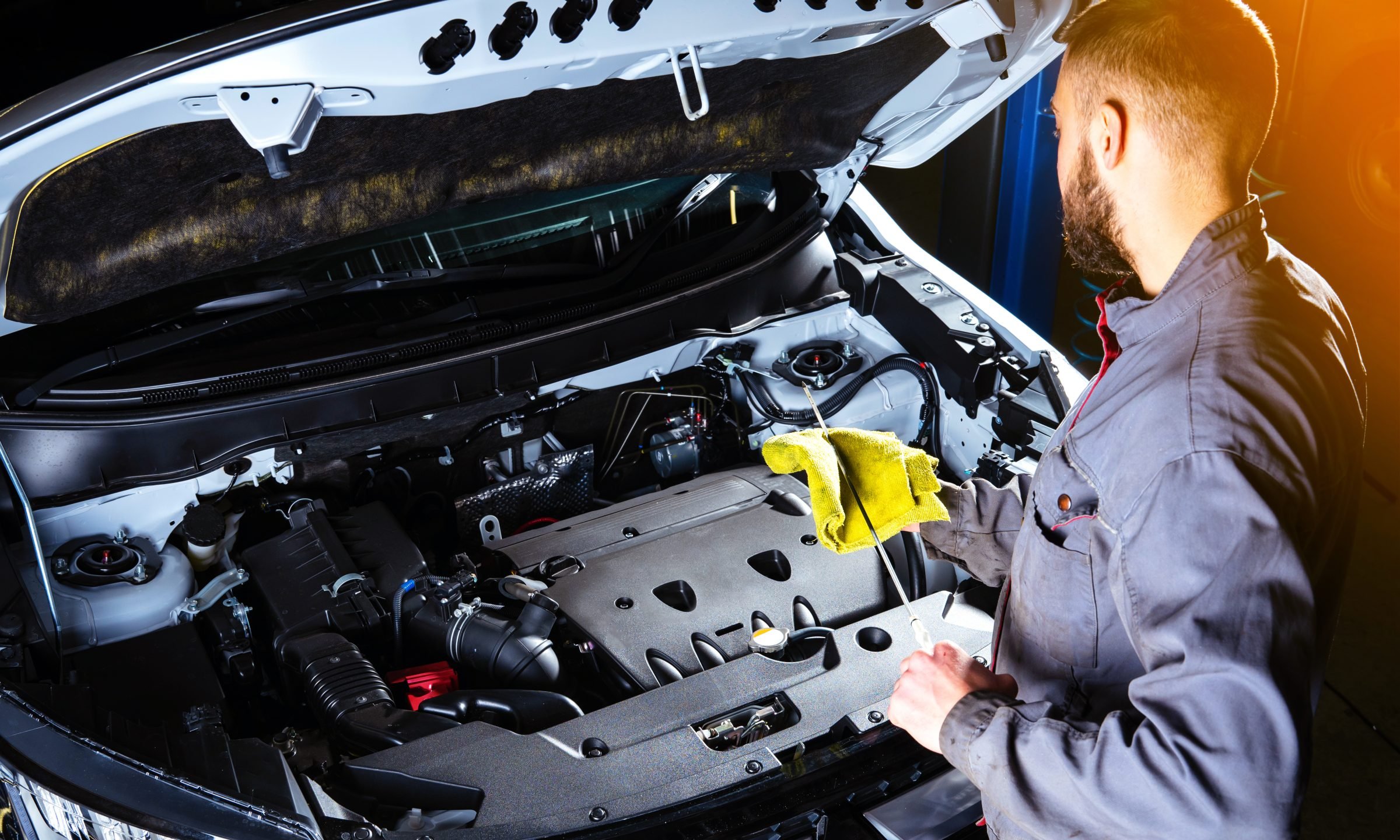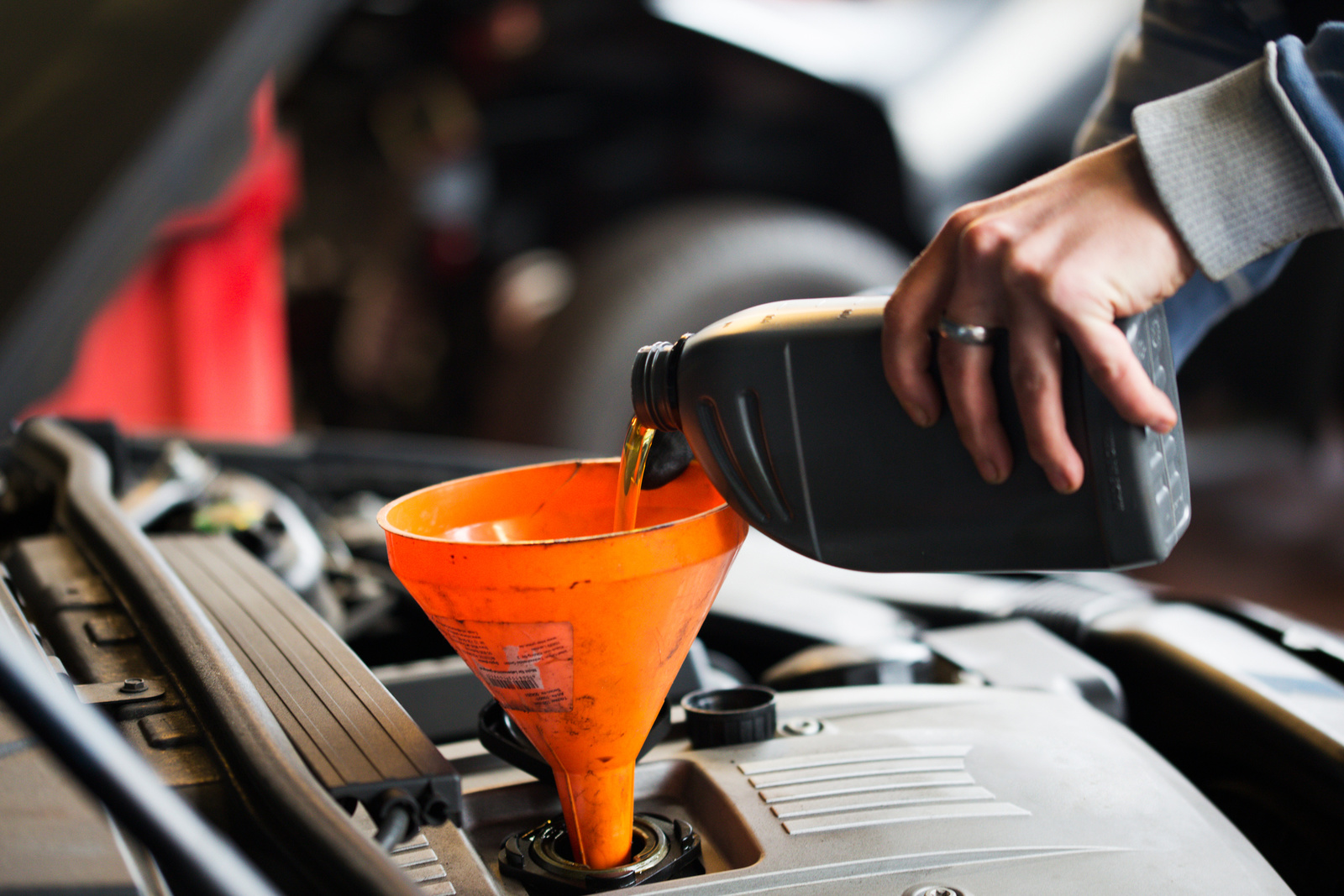All Categories
Featured
How Vehicle Repair Shops Handle Complex Car Solution
Modern vehicles are technological wonders, packed with innovative systems that boost convenience, safety, and performance. From innovative infomercial units to intricate engine management systems, today's autos require specific knowledge and devices to diagnose and repair. Vehicle repair stores have actually climbed to the obstacle by spending and embracing cutting-edge strategies in sources that enable them to handle these complexities with precision.Specialized Training for Specialists. Technicians are the backbone of any kind of auto repair service store, and their knowledge is crucial when dealing with advanced automobile systems. Furthermore, training workshops concentrate on diagnosing electric issues, programming lorry control modules, and recognizing crossbreed and electric lorry systems.

Cutting-Edge Diagnostic Tools. Modern automobiles feature numerous sensors and computer systems that keep an eye on efficiency and sharp chauffeurs to issues with dashboard caution lights. Repair shops use analysis scanners capable of reading these mistake codes and determining the specific source of the problem.
Collaboration with Makers. Service centers frequently companion with automakers to guarantee they have accessibility to exclusive repair service information and software updates. These partnerships make it possible for service technicians to carry out repairs that fulfill maker standards and keep guarantee conformity. Some stores also join programs that provide them with OEM (Original Equipment Maker) components and tools specifically designed for facility systems.
Committed Work Areas for Advanced Services. Handling elaborate automobile systems typically calls for a tidy, organized setting outfitted with advanced technology. Numerous fixing stores have committed workspaces for jobs such as rectifying innovative driver-assistance systems (ADAS), that include features like adaptive cruise ship control and lane-keeping assist. These systems need specific placement, often using laser-guided calibration tools and 3D imaging technology to guarantee they operate properly.

Remaining Ahead with Continuous Understanding. As automobile technology develops, repair service shops have to adapt to stay relevant. Hybrid and electric cars, as an example, have introduced totally new systems, such as high-voltage batteries and regenerative braking. Forward-thinking stores proactively seek training in these locations and spend in the required devices to service such automobiles safely and successfully.
Client Education and Openness. Service centers that manage intricate systems prioritize enlightening their customers concerning the repair work needed. Thorough descriptions, backed by visual help and diagnostic reports, help customers understand the work being done. This openness builds depend on and makes sure that car proprietors feel positive in the services offered.

Verdict. Car service center have actually come a lengthy way in resolving the difficulties presented by complex car systems. By combining knowledgeable specialists, progressed analysis tools, and tactical partnerships, they can deliver premium solution that meets the demands of modern-day cars. For auto owners, selecting a repair shop that invests in these capacities is essential to keeping their cars running efficiently and efficiently.
Latest Posts
Layout Your Perfect Shower Room
Published May 04, 25
1 min read
Explore Top Eye Vision Care Centers Locally with Eye Center South
Published May 04, 25
1 min read
Elegant Safety And Security Starts Here
Published May 03, 25
1 min read